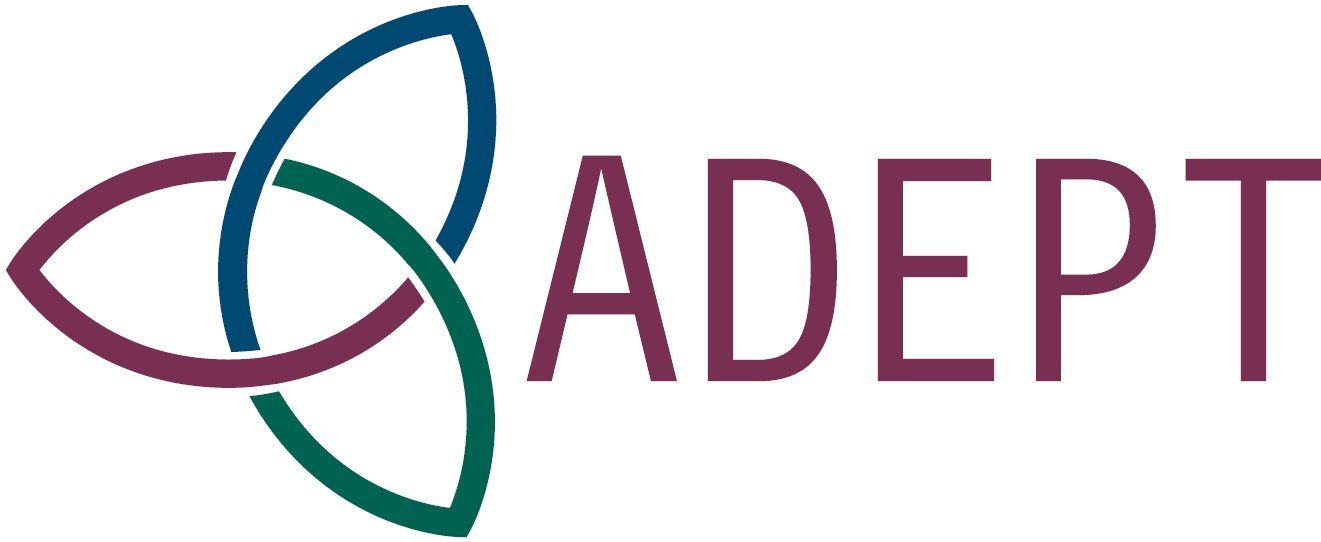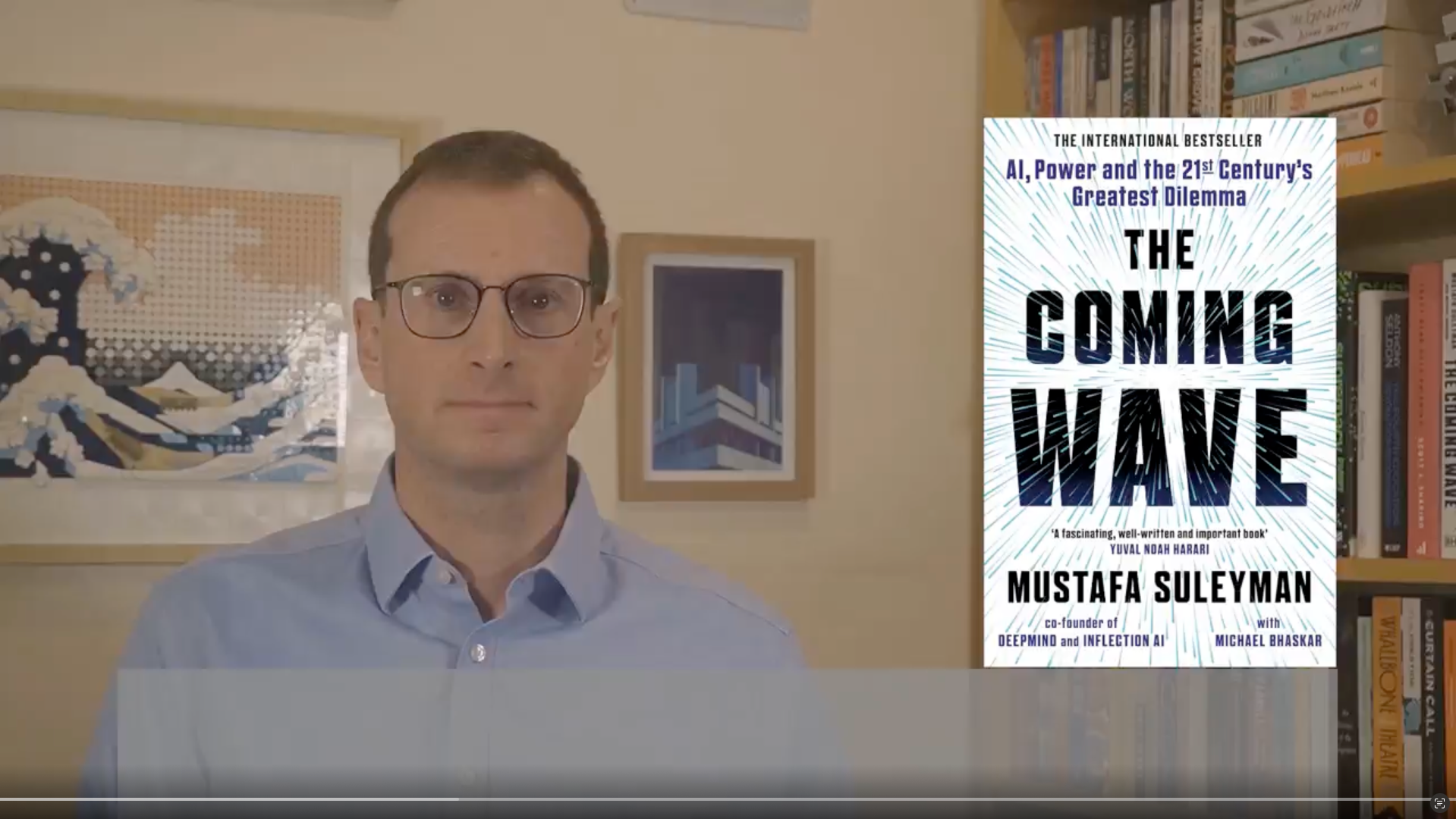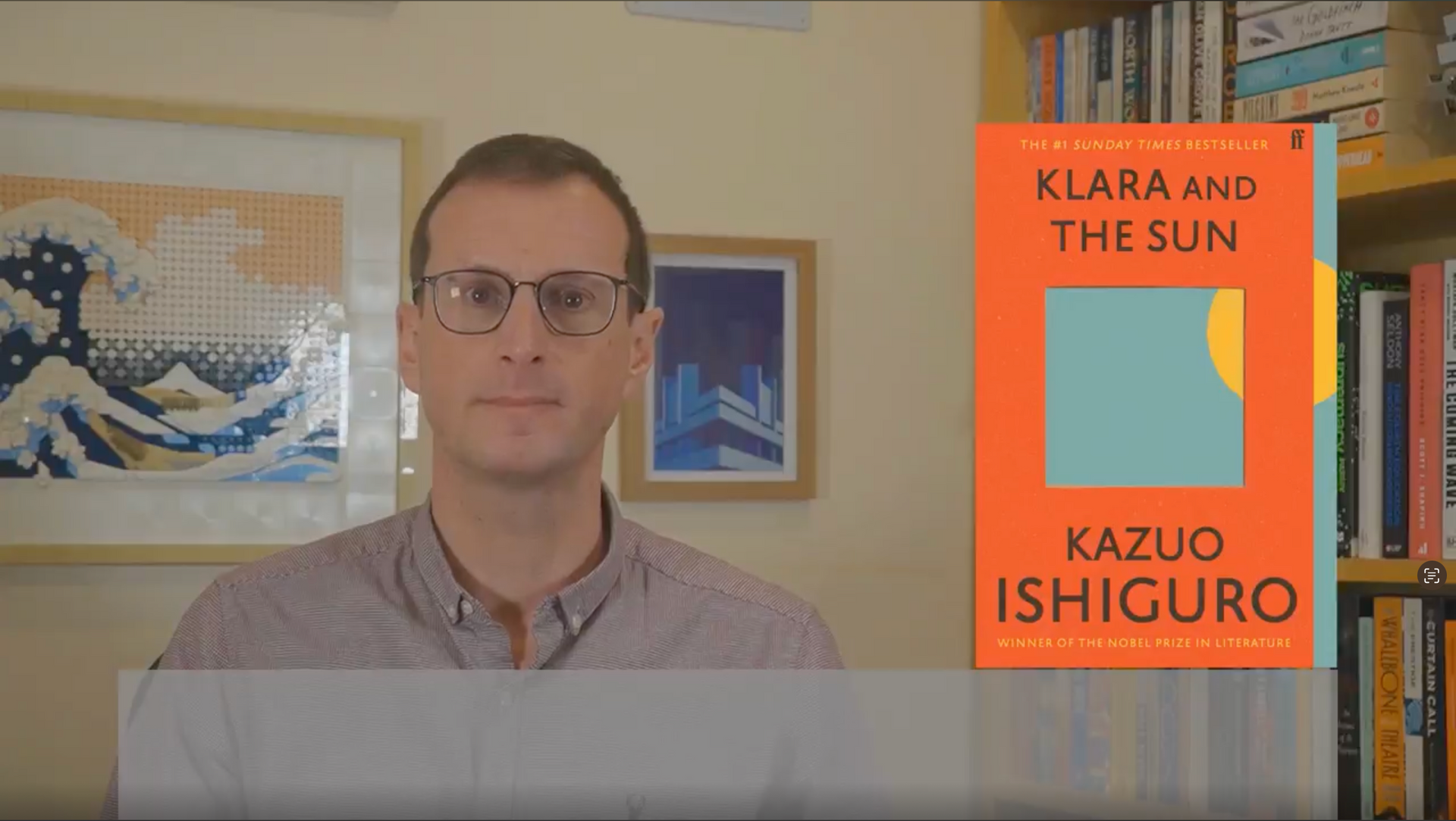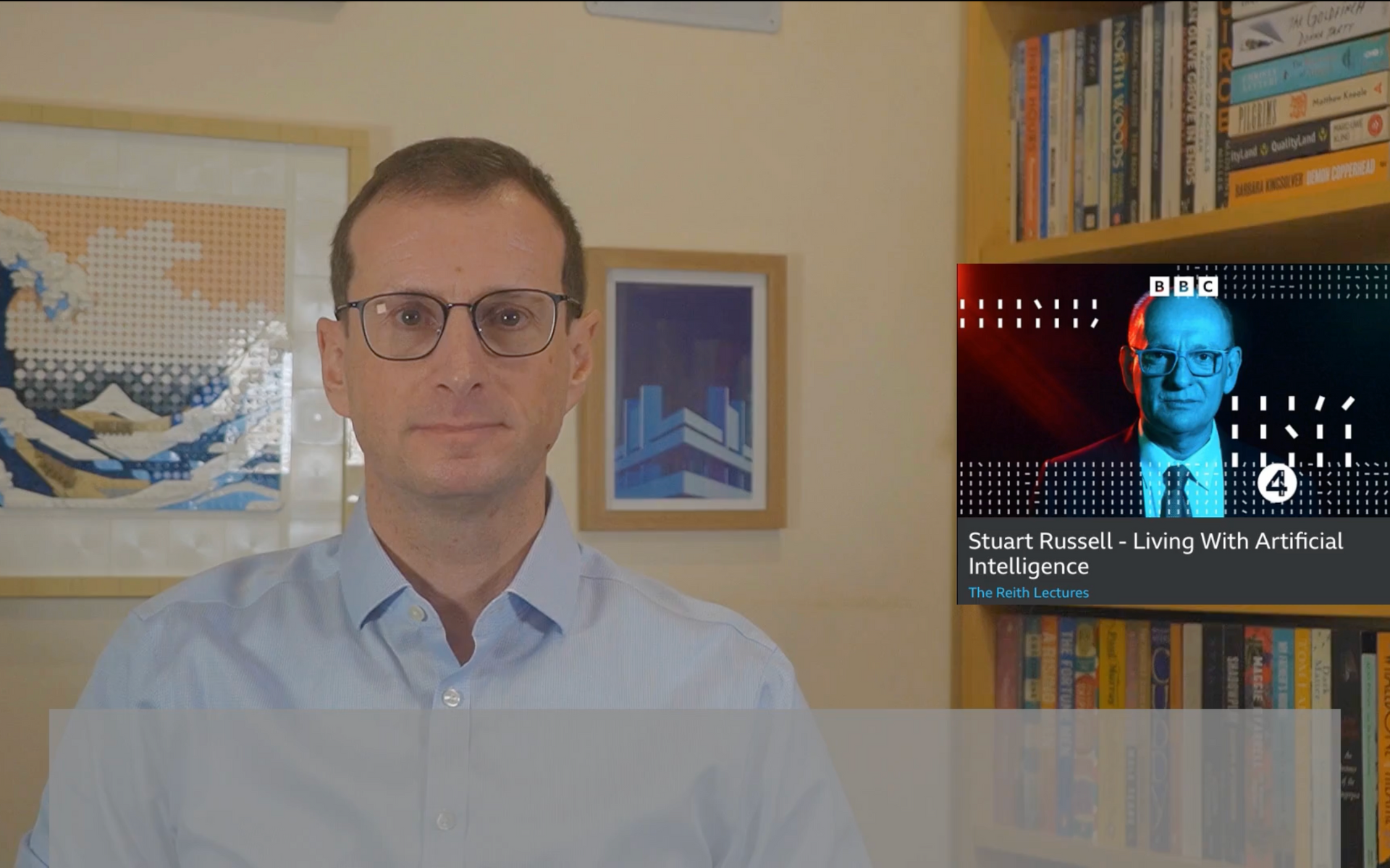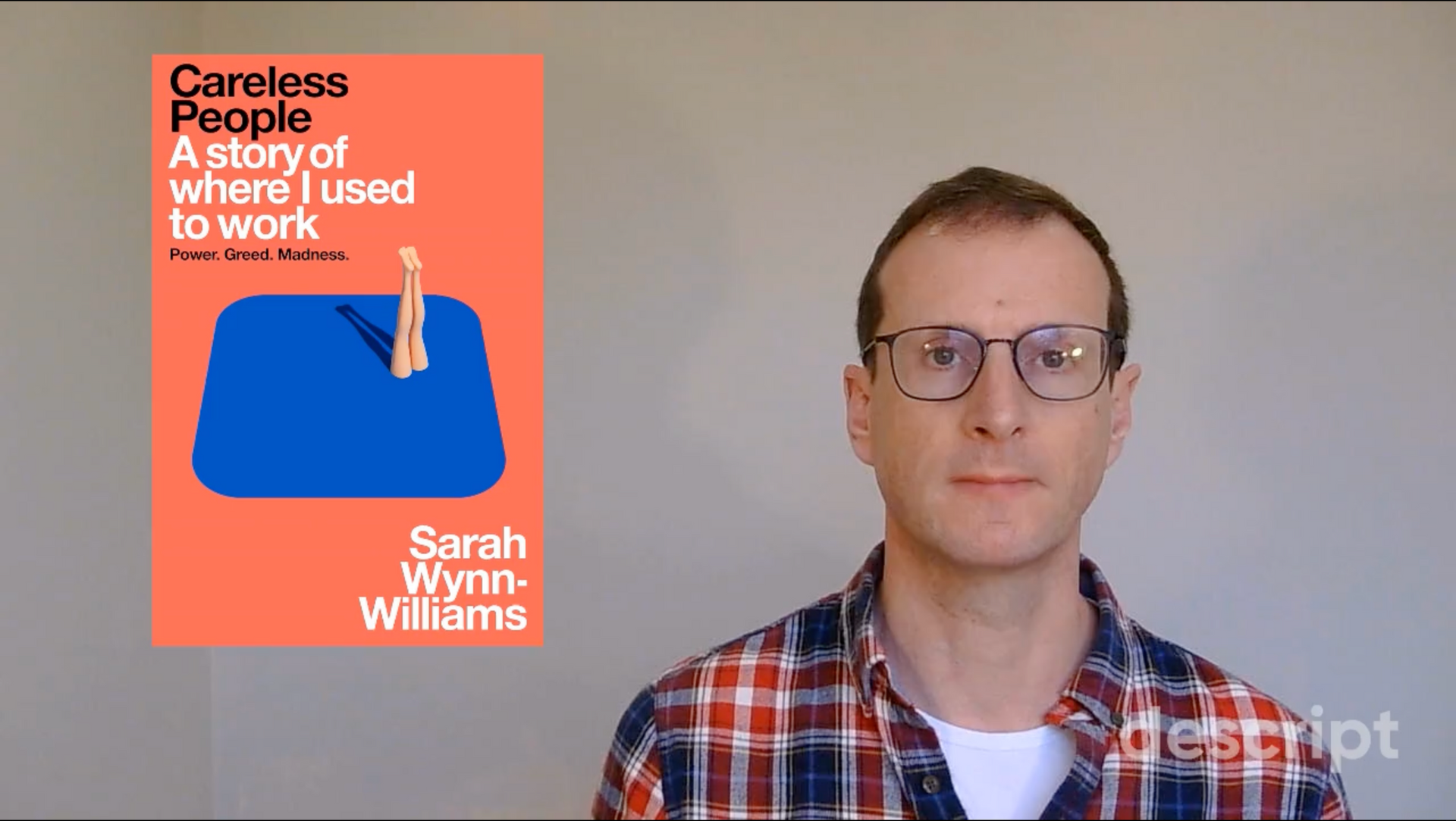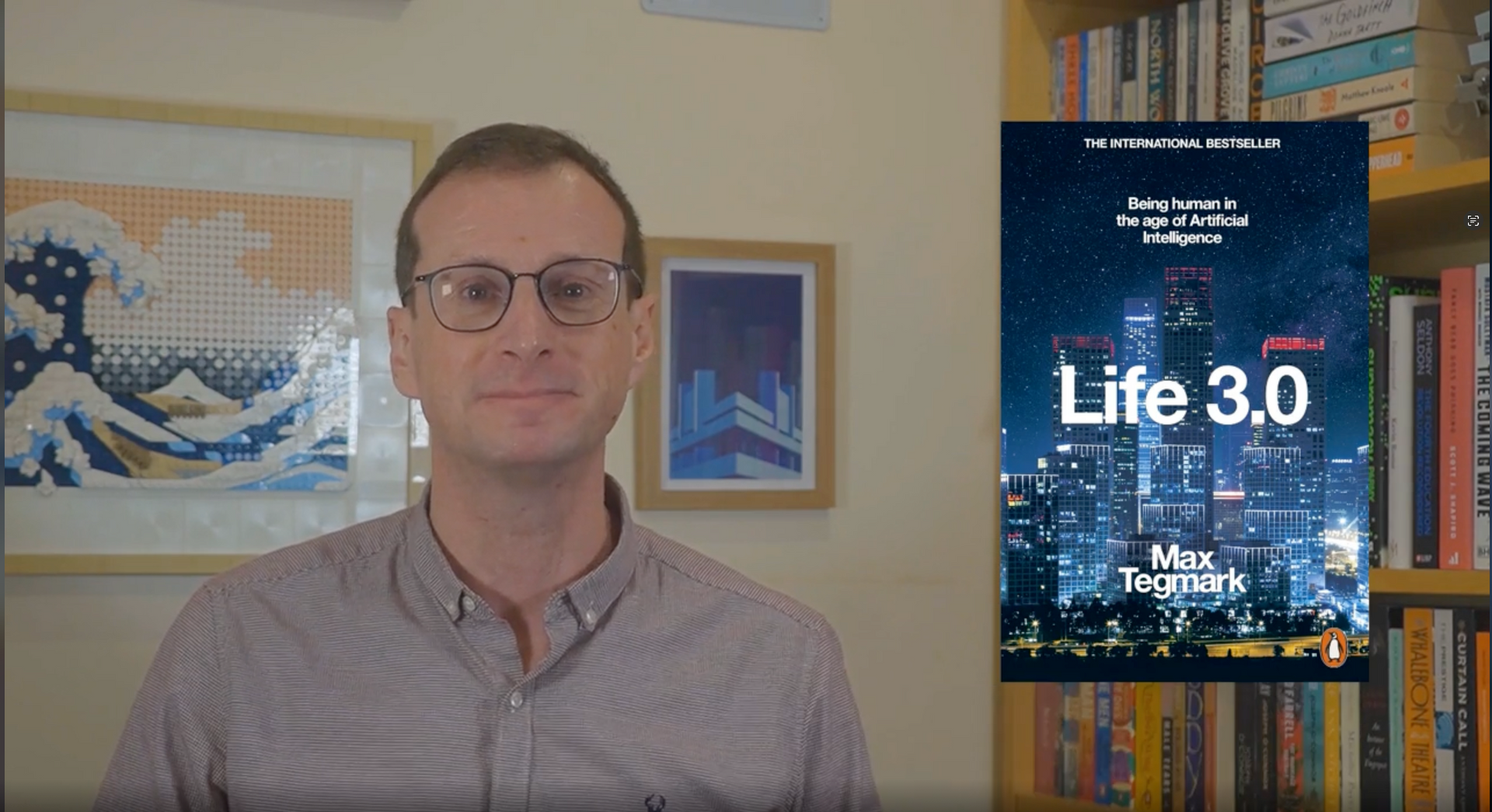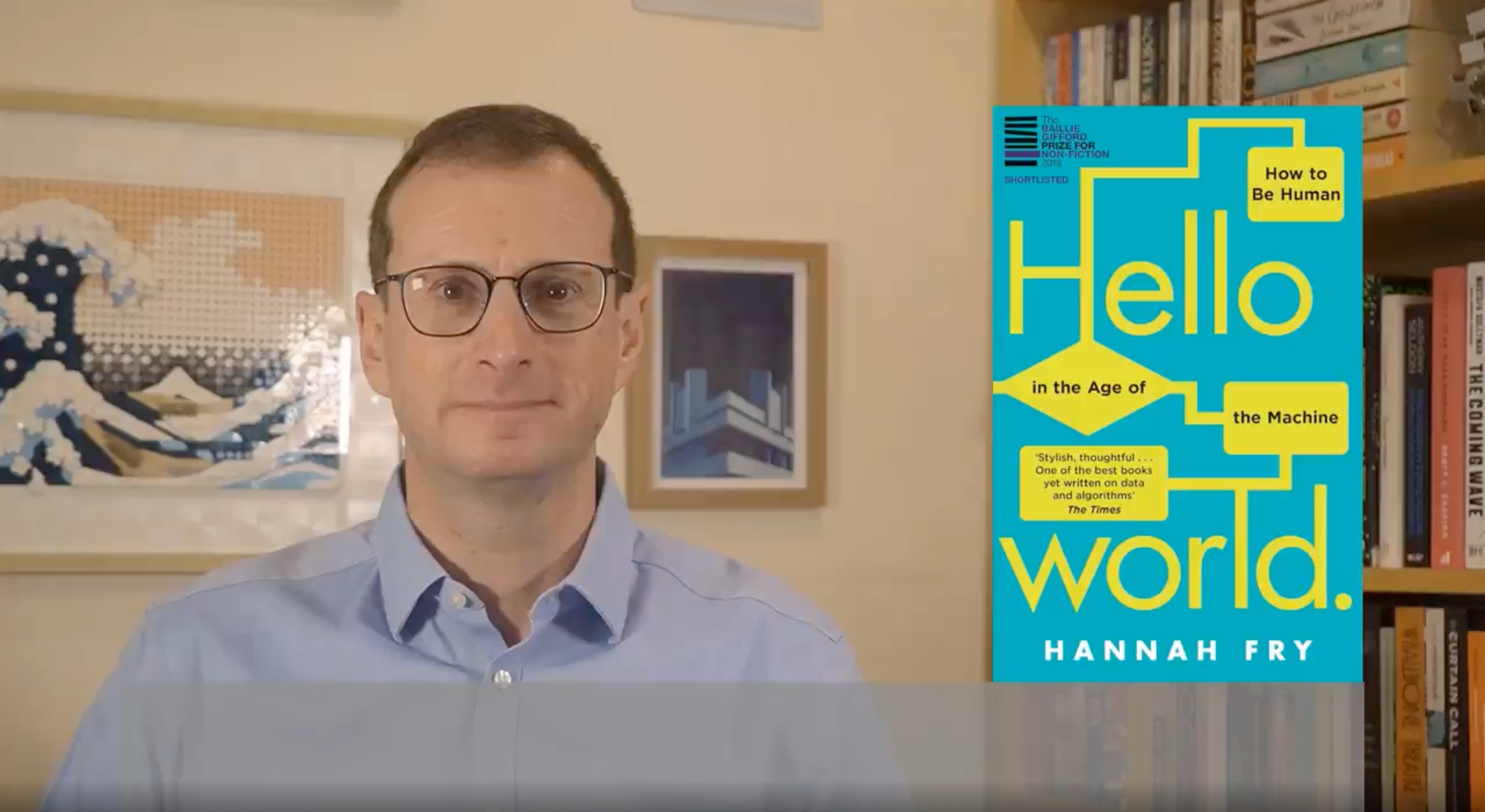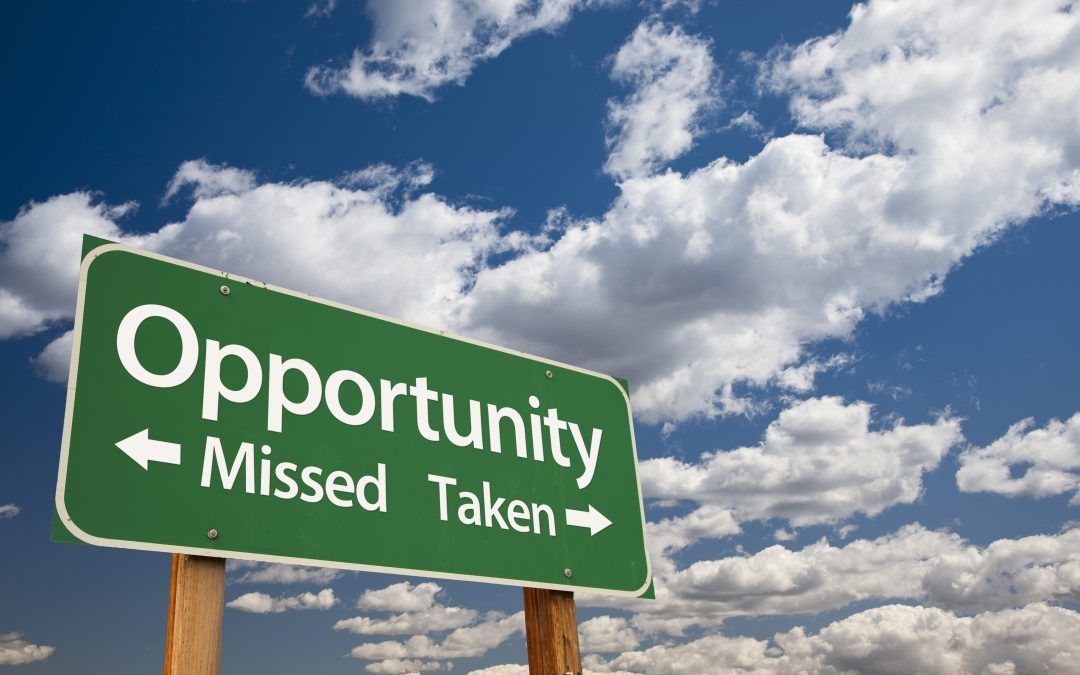The true cost of those ‘free’ apps on your smartphone
David Culley • 11 February 2020
If getting a 'free' app in return for watching a few adverts feels too good to be true, that's because it is...

Chances are, many of the apps on your smartphone were free to download. This might feel like a bargain: a shiny new app in return for watching the occasional advert. However, the reality is that app providers are tapping into a far more lucrative source of income: your data.
Companies have always sought information about their customers to influence their behaviour, but big data analytics takes this to a whole new level. Have you ever had an online advert pop up for something you’d been talking about a few hours earlier? This is just one example of how well companies know and understand you. In fact, such is the volume of data available, many these companies can claim to ‘know you better than your spouse does’.
Your data is a gift to any retailer trying to pitch its products or any politician trying to win your vote. In 2017, The Economist declared that ‘the world’s most valuable resource is no longer oil, but data,’ in recognition of the value that global giants such as Amazon and Facebook were extracting from consumer data. The wider implications of this were demonstrated in 2018, when Cambridge Analytica was found to have harvested the data of up to 87 million Facebook users in order to influence voters in the UK Brexit referendum and the 2016 US Presidential election.
General Data Protection Regulation (GDPR) attempts to protect consumers by prohibiting companies from using personal data without the consent of the data subject. However, we throw away this protection whenever we agree to terms and conditions without reading them. Deloitte research in 2017 found that 91% of us admit to doing this and, in a famous experiment at St Pancras Station in London, consumers consented to give up their first born child in return for free WiFi access!
So, the next time you click AGREE to a set of terms and conditions, bear in mind what you are giving away…
Bibliography
Professor Frank Luerweg, The internet knows you better than your spouse does, Scientific American, March 14th 2019. https://bit.ly/2UDf5eL
The Economist, The world’s most valuable resource is no longer oil, but data, May 16th 2017. https://econ.st/2UDJuJX
Deloitte (2018), Security & Privacy in the age of IoT, https://bit.ly/38fKqZ6
The Guardian, Londoners give up eldest children in public Wi-Fi security horror show, 29th September 2014.https://bit.ly/2tINCxe
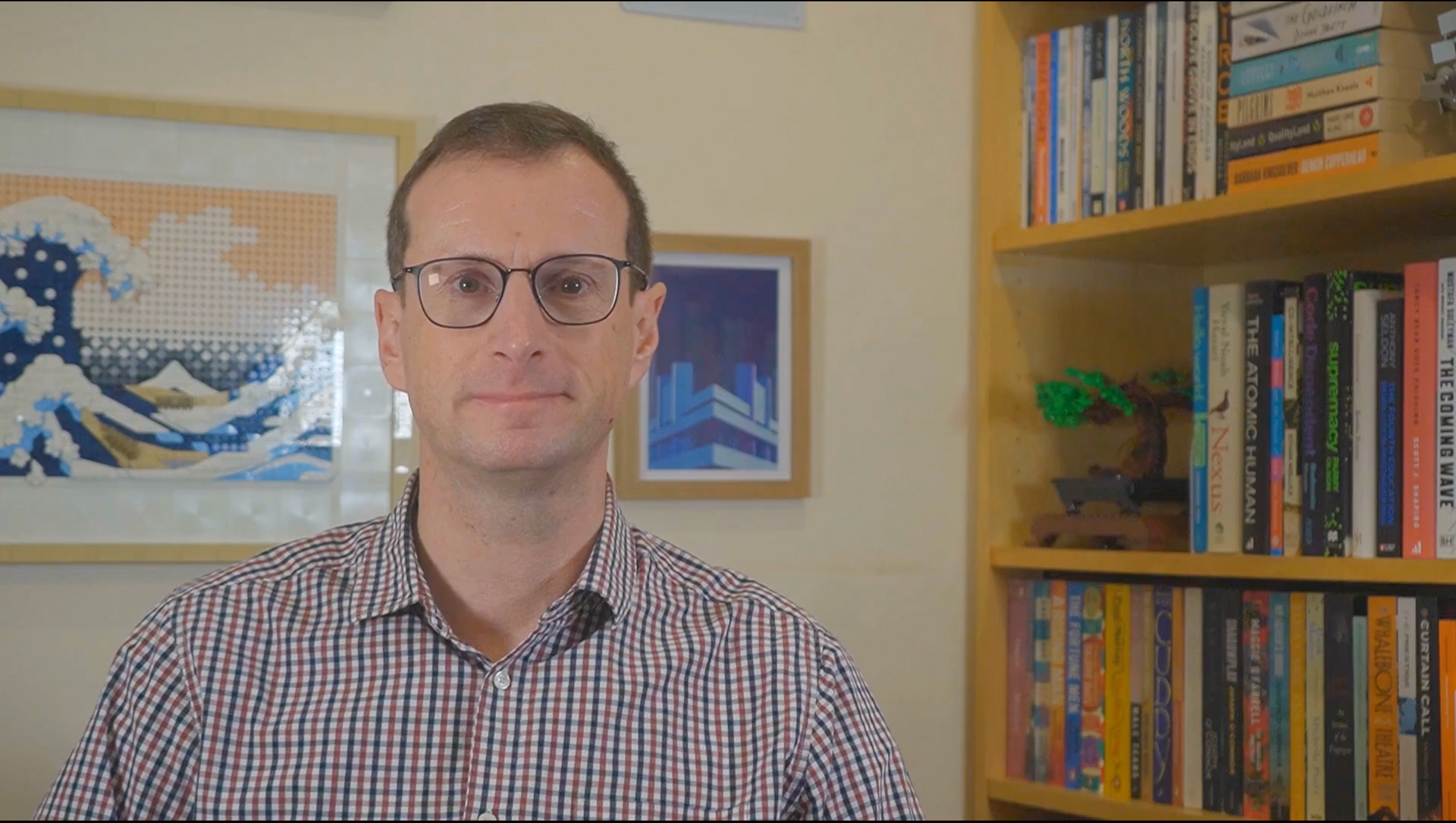
· Are you concerned about the impact of AI on your organisation or job role? · Are you keen to explore the opportunities and threats that AI presents? · Or are you simply looking for someone to demystify the world of AI for you? I’ve picked some of my favourite AI research – the content which informs my courses and raises interesting and important questions about AI – and I’ll be summarising them in a series of short, practical book reviews. Whatever aspect of AI you’re interested in, you will find something valuable here. Stay tuned for my reviews over the coming weeks! Follow me on LinkedIn for all my latest posts: https://www.linkedin.com/in/dprculley/
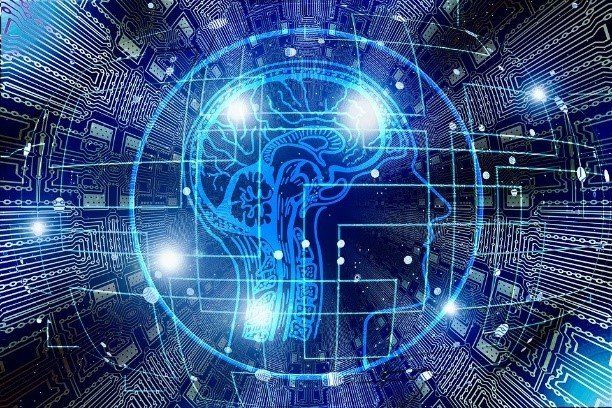
The 2019 BBC series Years and Years presented a vision of the near future where, due to advances in technology, a chief accountant was demoted to an office cleaner in just over a decade. As with other things in that drama, the idea isn't as far-fetched as it might sound. Research from Oxford University published in 2015 estimates that accountants face a 93.5% probability of being made redundant by technology. This makes sobering reading for those of us planning to make a living as an accountant. If machines are going to make us redundant, will we need to find other work to do? The answer is yes. And no. As accounting software becomes more sophisticated, the need for accounting knowledge and human intervention reduces dramatically. Companies such as Xero already offer ‘intelligent bookkeeping’ which is learning how to process invoices, perform bank reconciliations and submit VAT Returns. ACCA’s 2019 report, Machine learning: more science than fiction , describes how Artificial Intelligence is already outperforming human accountants in fraud detection and tax advice. In recognition of this inevitability, ACCA, CIMA and ICAEW have been reassessing how an accountant can continue to add value in the modern business environment. If accountancy is ‘ the sourcing, analysis, communication and use of decision-relevant financial and non-financial information to generate and preserve value for organisations ,’ they have concluded that the focus for accountants needs to shift from the sourcing and analysis of information (which technology out-performs humans at) to its communication and use. All the institutes see this, not as a radical redefinition of what it means to be an accountant, but a natural evolution to meet the demands of a changing environment. In order to equip the accountants of tomorrow with the skills they will need, these institutes have made significant changes to their professional exams. While this will ensure the survival of the professional accountant, those of us who are already qualified will need to catch up or there is a real risk we could end up as the office cleaners… Bibliography Frey, C.B., Osborne, M.A., The future of employment: how susceptible are jobs to computerisation? , 17th Sep 2013, Oxford Martin Programme on Technology and Employment, University of Oxford. https://bit.ly/2SeBjlT Vaidyanathan, N., Machine learning: more science than fiction , April 2019, ACCA. https://bit.ly/2SCoP6o CGMA, Guide to the global management accounting principles , October 2014, AICPA. https://bit.ly/2UGS3nm
